Biography
(No Information)
Filmography
all 7
Movies 6
Writer 6
TV Shows 1
Information
Known ForWriting
GenderMale
Birthday1862-02-03
Deathday1917-02-21 (55 years old)
Birth PlaceCalatayud, Spain
ChildrenManuel Dicenta, Joaquín Dicenta
CitizenshipsSpain
AwardsPremio Lope de Vega de Teatro
This article uses material from Wikipedia.
Last updated:
Image credit: Unknown authorUnknown author, CC BY-SA 4.0, via Wikimedia Commons
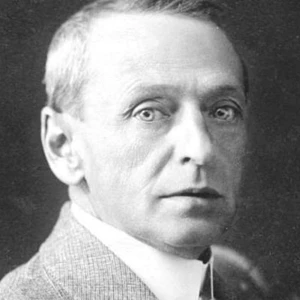 Joaquín Dicenta
Joaquín Dicenta- Filmography
- Information
- Related Persons

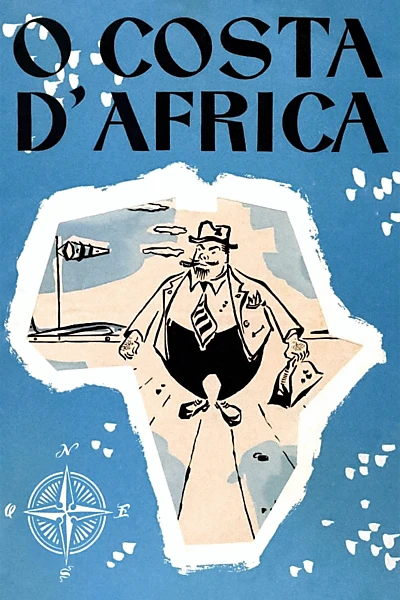

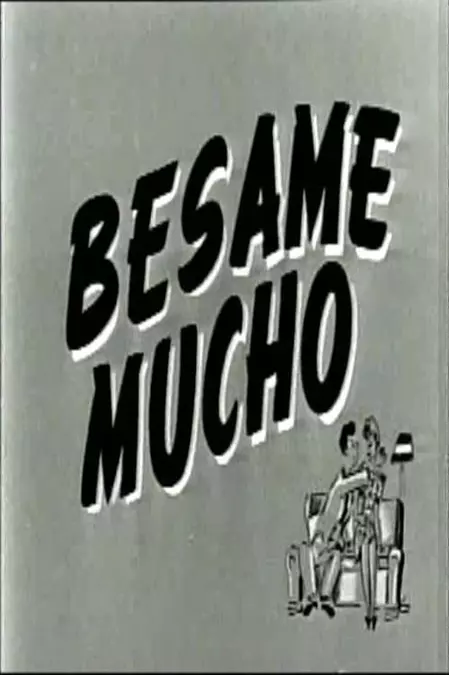
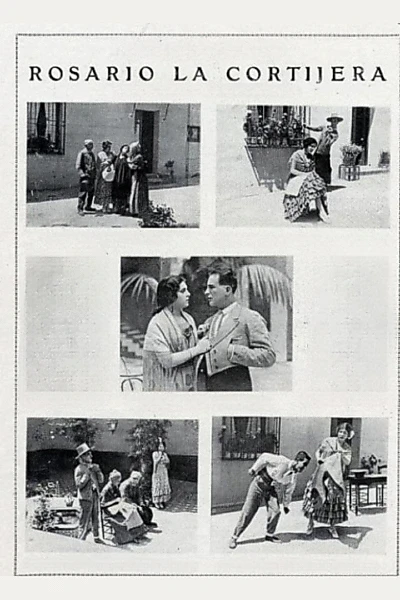
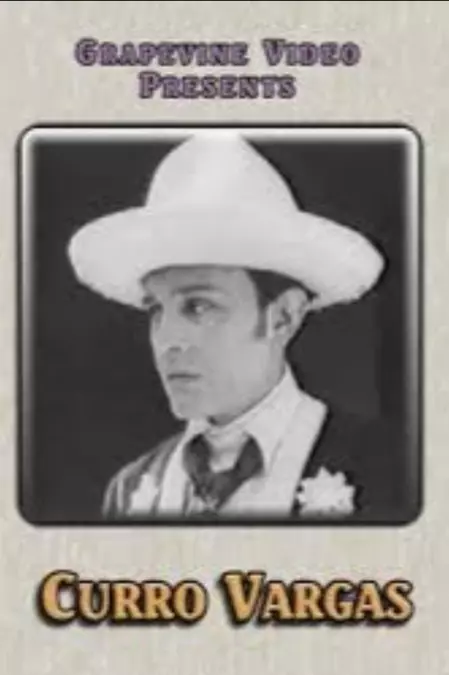

 ,
,